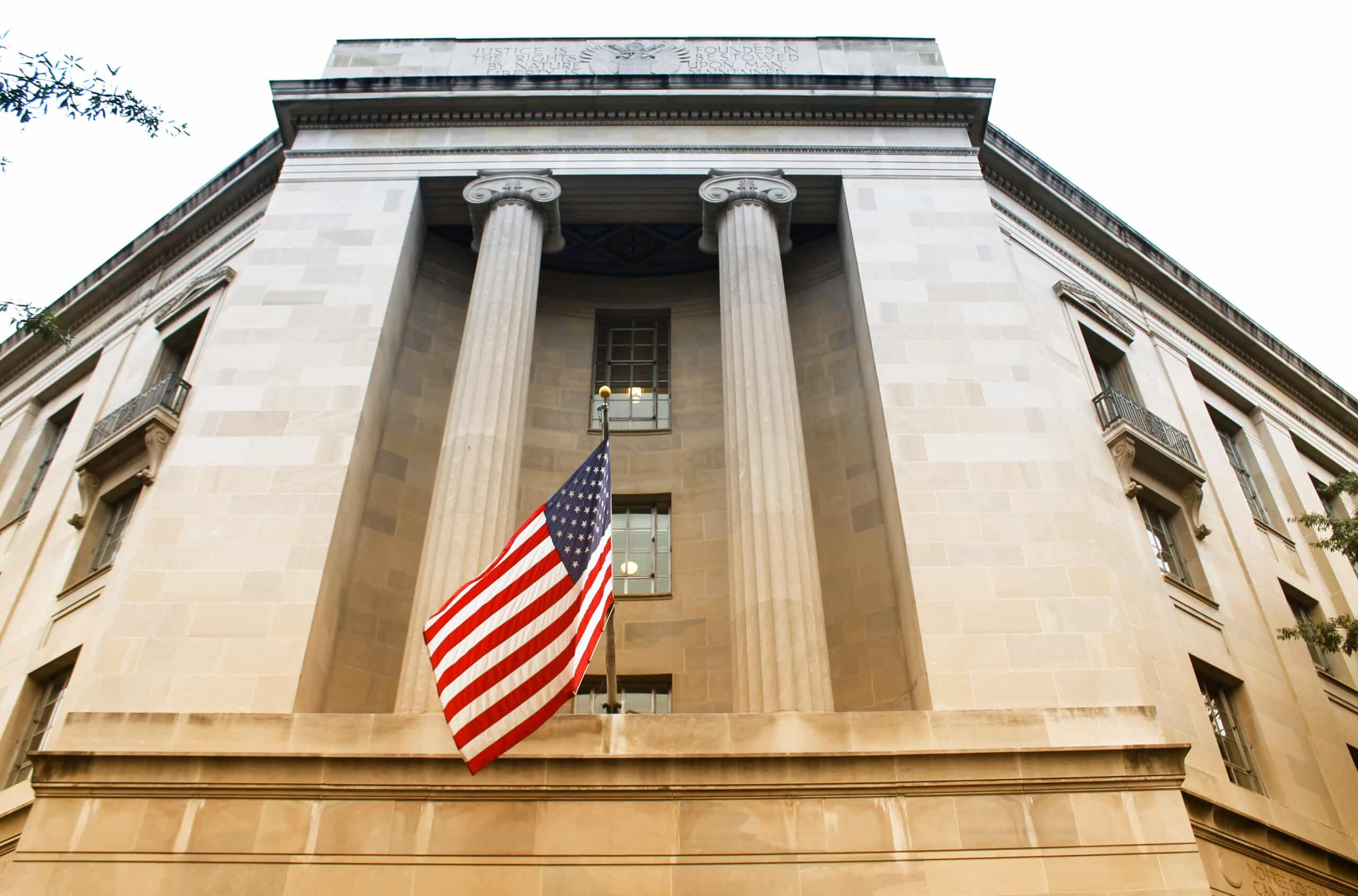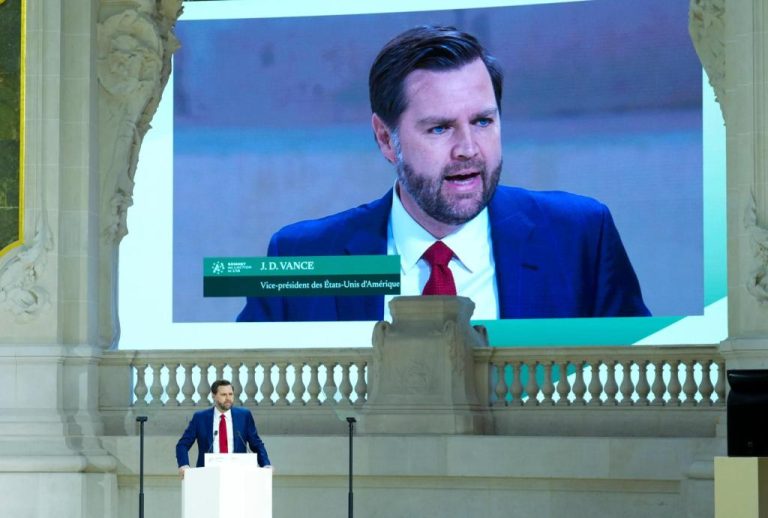
A District Judge has granted the government’s motion to keep former Binance CEO Chanpeng Zhao in the U.S. until his sentencing date next year.
Posted December 8, 2023 at 12:17 am EST.
Binance founder and former CEO Changpeng Zhao has been ordered to remain in the U.S. until his sentencing hearing in February 2024.
In a Dec. 7 ruling, U.S. District Judge Richard Jones rejected Zhao’s request to return to his home in the United Arab Emirates (UAE), siding with the government on the issue of whether the Binance founder posed a flight risk.
Zhao’s lawyers had initially argued that he should be allowed to return because he voluntarily surrendered to the U.S. Department of Justice, flying into the U.S. specifically with the purpose of complying with the authorities.
Prosecutors argued that they would not be able to secure his return, pointing to the lack of an extradition treaty between the UAE and the U.S.
“The defendant has enormous wealth and property abroad, and no ties to the United States,” wrote Judge Jones in the ruling, granting the prosecutor’s motion to keep him in the country.
“His family resides in the UAE and it appears that he has favored status in the UAE. Under these circumstances the Court finds that the defendant has not established by clear and convincing evidence that he is not likely to flee if he returns to the UAE.”
Zhao pleaded guilty to one count of failure to maintain an effective Anti-Money Laundering program at Binance in violation of the Bank Secrecy Act. As part of the $4.3 billion settlement Binance paid to the DOJ, Zhao personally paid a $50 million fine and agreed to step down as CEO of the crypto exchange.
His sentencing hearing has been scheduled for Feb. 23, 2024, and as per U.S. sentencing guidelines, could face up to 18 months in prison – something that authorities have signalled they are inclined to push for.
“The reality is that the top-end of the Guidelines range may be as high as 18 months, and the United States is free to argue for any sentence up to the statutory maximum of ten years,” wrote U.S. prosecutors in a filing last month.







